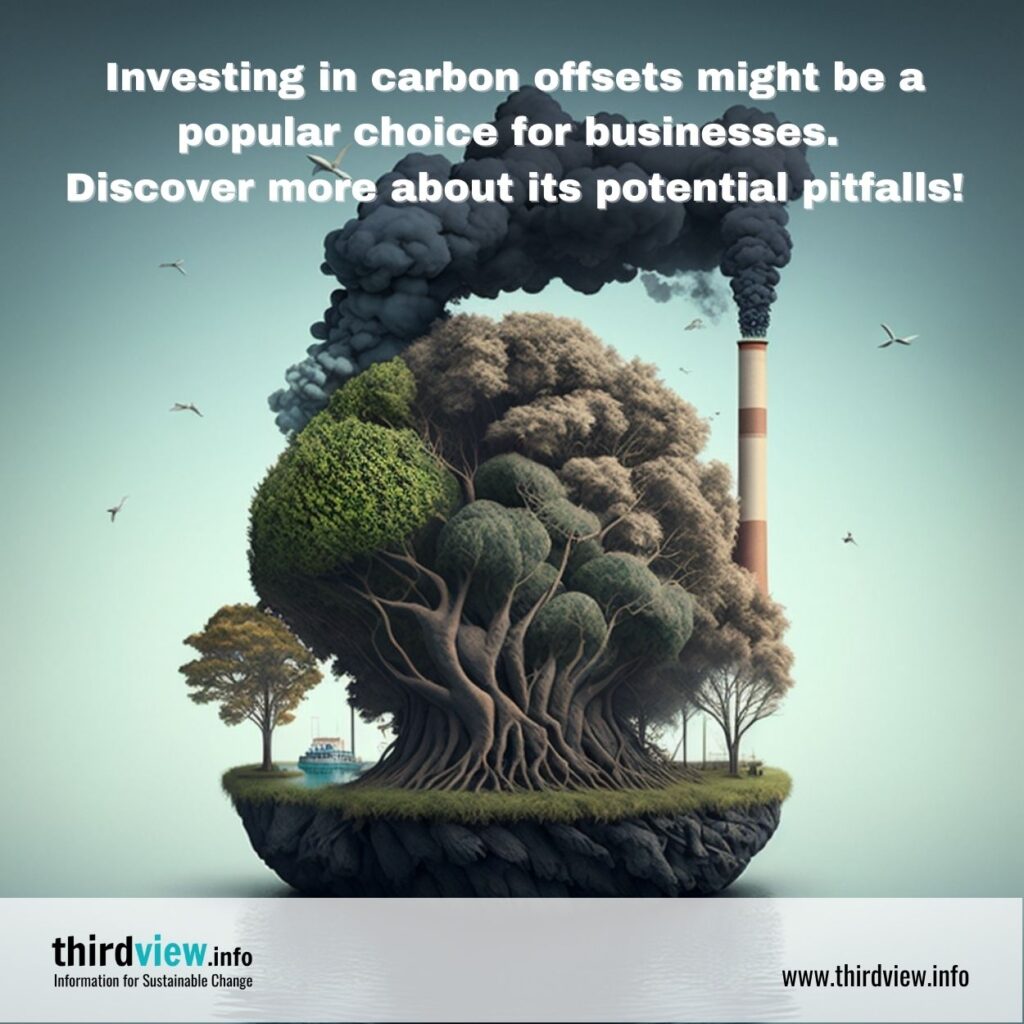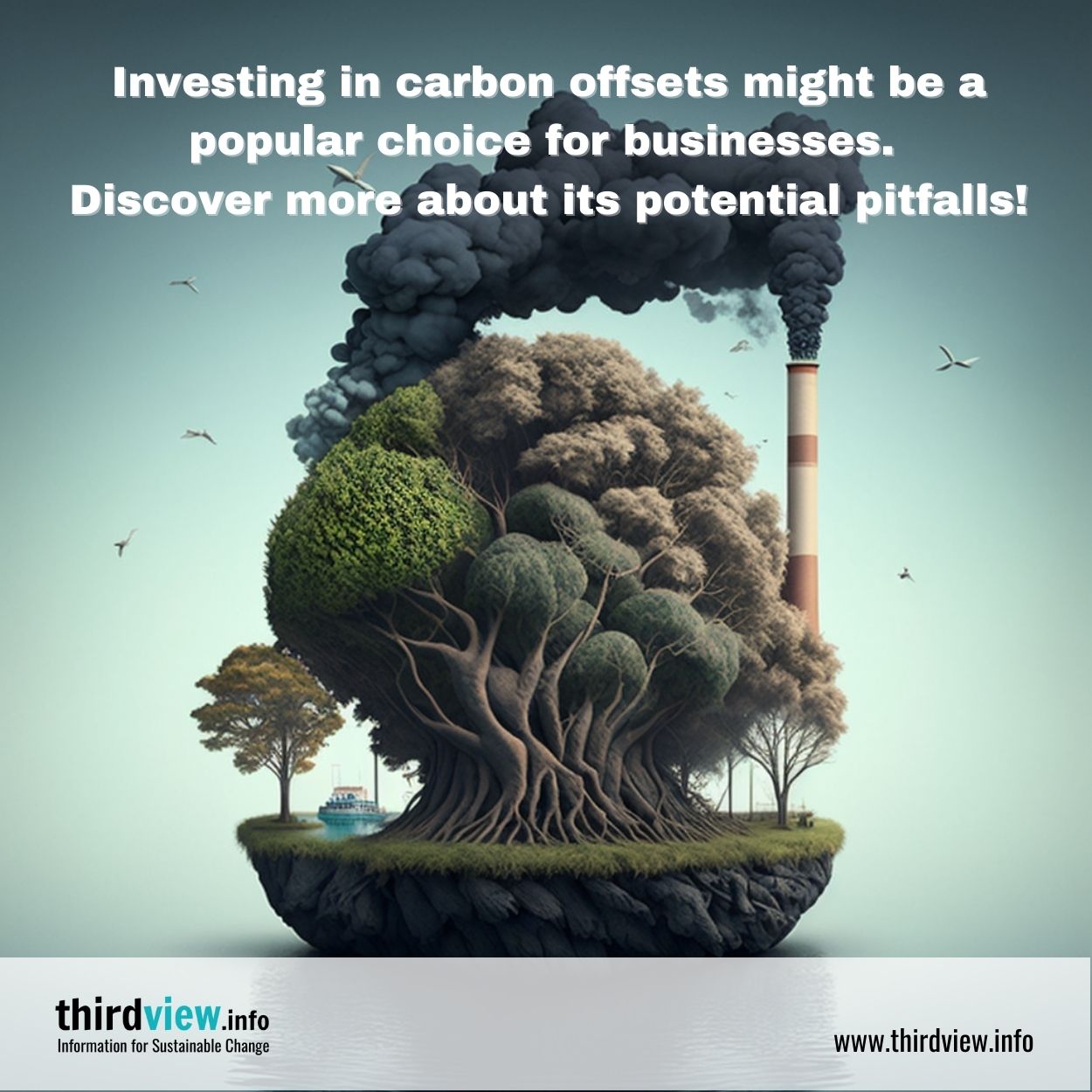Carbon offsetting has been gaining in popularity as a way to reduce our negative impact on the environment. But what exactly is carbon offsetting, and should you be considering it? Let’s take a look at the pros and cons of carbon offsetting so that you can make an informed decision about whether or not it’s right for you.
What is Carbon Offsetting?
Carbon offsetting is a process by which people invest in projects designed to reduce greenhouse gas emissions in order to balance out their own emissions. This is done through investments such as renewable energy projects, reforestation programs, waste management initiatives, and more. The idea behind this type of investment is that it will help to reduce the amount of carbon dioxide (CO2) and other greenhouse gases released into the atmosphere, thus reducing the overall effects of climate change.
Pros of Offsetting Carbon Emissions
The primary benefit of purchasing carbon credits is that it helps reduce global GHG emissions. A company can purchase these credits from projects like wind farms or energy efficiency initiatives that help reduce global GHG levels. By purchasing these credits, companies can help support clean energy projects while also reducing their own carbon footprints. Furthermore, by investing in clean energy projects, companies can demonstrate their commitment to sustainability, helping them build trust with customers and stakeholders while furthering their reputation as a good corporate citizen.
Cons of Offsetting Carbon Emissions
While buying carbon offsets may seem like a great way to reduce emissions without making any changes to your business operations or processes, there are some potential drawbacks to this approach. One concern is whether the credits actually result in real emission reductions; if they don’t then they won’t be accomplishing much beyond providing a PR boost for the company. Additionally, critics argue that simply buying offsets allows companies to continue polluting without actually doing anything to address the underlying problem. It does nothing to encourage companies to become greener or more efficient; instead, it just serves as a Band-Aid for the issue rather than providing a long-term solution.
When considering whether to buy carbon offsets for your business, it’s important to weigh both the pros and cons carefully. If done properly and responsibly, buying offsets can be an effective way for businesses to make meaningful contributions towards reducing global GHG levels while demonstrating their commitment to sustainability and responsibility. However, it’s important to ensure that any purchases you make will actually result in real emission reductions so you know you’re making a positive difference; otherwise, it could be money down the drain with no tangible benefits. Ultimately though, when used correctly, buying carbon offsets can be an effective tool for reducing your environmental impact and fostering trust with customers and stakeholders alike.


